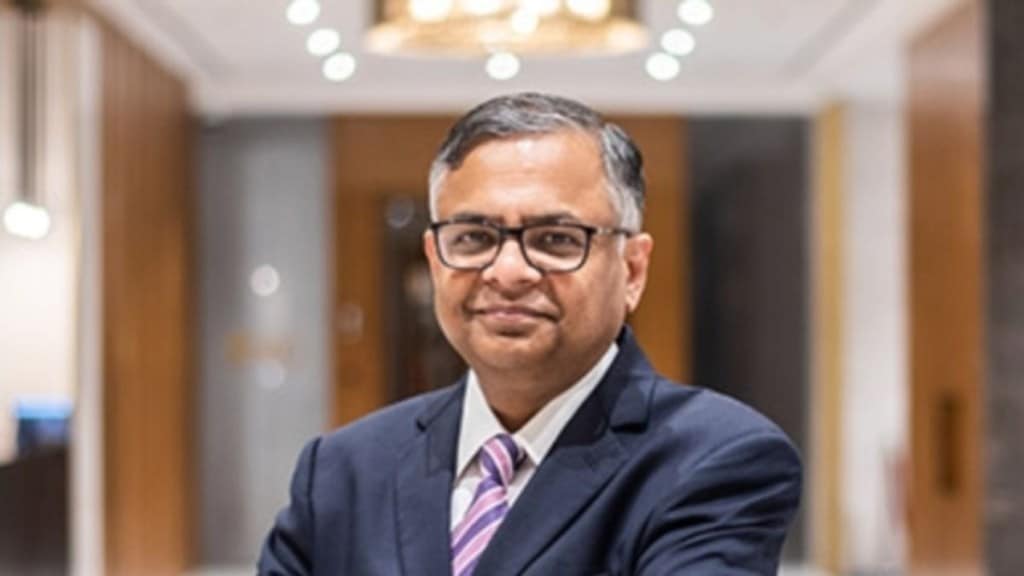The demerger of Tata Motors has brought to an end decades of cross-subsidisation between its commercial and passenger vehicle businesses, creating two independent listed entities that will now chart their own growth paths, Tata Sons Chairman N Chandrasekaran said on Wednesday.
Speaking at the listing ceremony of Tata Motors Commercial Vehicles (TMCV) at the Bombay Stock Exchange, Chandrasekaran said profits from the commercial vehicle arm had long fuelled the capital expenditure needs of the passenger vehicle business. The separation, he added, marks a structural transformation that will allow both companies to pursue sharper strategic goals.
“There was always a support for Tata Motors Passenger Vehicles (TMPV) from the performance of Tata Motors Commercial Vehicles; that was the reality,” Chandrasekaran said. “Cash flows were coming from commercial vehicles and were subsumed in the capital expenditure of TMPV. So, we had to make sure that both companies were fit and directionally very strong,” he added.
The Tata Motors demerger took effect on October 1 and culminated in Wednesday’s listing of the commercial vehicle arm, a process Chandrasekaran described as a defining moment in the company’s journey. He said the idea of separating the two divisions first emerged in 2017-18 but was delayed by the Covid-19 pandemic before being revived in recent years.
“It was clear to me eight or nine years ago that this company had to have a different path. Tata Motors Commercial Vehicles was always profitable, while the passenger vehicle business was not so. Before splitting, we had to make both units ready and strong,” he said.
Calling Tata Motors an iconic company, Chandrasekaran acknowledged that making structural changes in such an organisation was never easy. “People in the company passionately believe this is one solid company and should not be touched. But it was important to take this step,” he said.
TMCV, which is the market leader in trucks and buses, is expanding its international footprint across Africa, the Middle East and Asia and investing in new technologies such as electric and hydrogen-powered vehicles. Managing Director and CEO Girish Wagh said the company’s planned €3.8 billion acquisition of Italy’s Iveco Group, announced in July 2025, would position it among the world’s top four players in the above six-tonne segment.
Chandrasekaran said he expects the Iveco transaction to close in the next few months, underscoring Tata Motors’ global ambitions and readiness to compete as two strong, independent entities.
